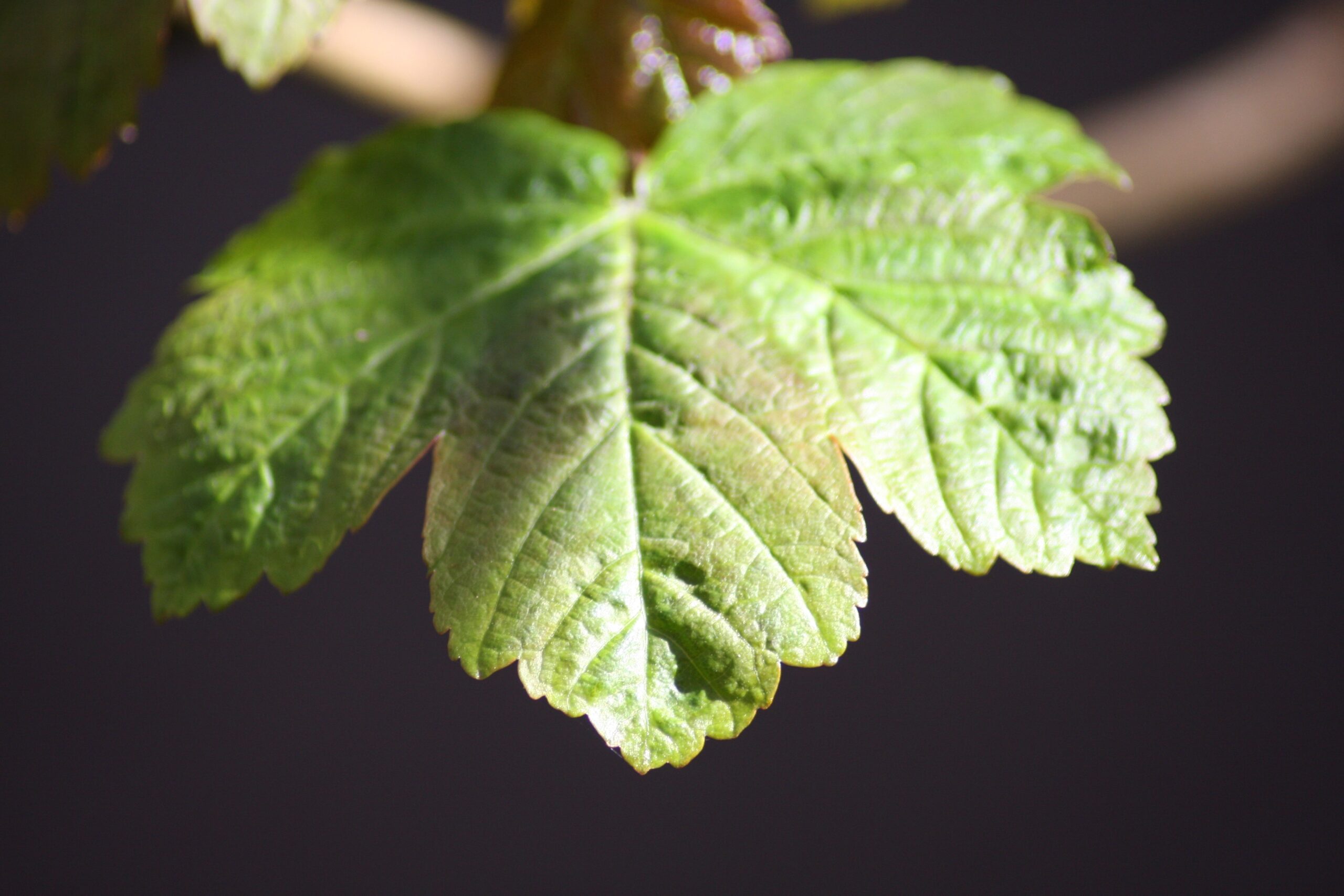Photo by Phill Dane on Unsplash
In the vast expanse of nature, lies an intricate network of plants, each harboring potential benefits for the human mind and body. But have you ever paused to consider the plants that might specifically enhance cognitive function? With modern life’s stresses, it’s no wonder we’re turning back to nature to boost our mental faculties. As our understanding of these plants deepens, more individuals are integrating them into their daily routines to harness their potential benefits.
Understanding Cognitive Functions
At its core, cognitive function encompasses our abilities to think, learn, remember, and solve problems. This intricate dance of neurons shapes our experiences, memories, and even our identity. So, wouldn’t enhancing it naturally be an avenue worth exploring? Especially in a world where distractions are abundant, and mental agility can provide an edge, seeking plants that offer cognitive support makes absolute sense.
The Lesser-Known Champions of Cognitive Enhancement
While many of us are familiar with the concept of ‘brain foods’ like blueberries or omega-3-rich fish, there’s a world of lesser-known plants waiting to be explored. Our ancestors, from various cultures, leaned on these plants not only for survival but also for sharpening their minds.
Cannabis: The Controversial Cognition Enhancer
This green leaf, often ensnared in debate, might have potential cognitive benefits. From improving mood to aiding focus, cannabis’ properties are gradually unfolding in scientific literature. However, an essential distinction exists between CBD and THC. While CBD has been noted for potential cognitive benefits, THC can sometimes offer the opposite. The nuanced effects of cannabis make it all the more intriguing and warrant careful exploration.
Bacopa Monnieri (Water Hyssop)
Rooted deeply in Ayurvedic tradition, Bacopa Monnieri has emerged as a promising herb for cognitive enhancement. Studies suggest it might help with memory and learning, offering a natural edge to the busy modern mind. Over centuries, practitioners have recognized its potential, making it a staple in various traditional medicine systems.
Lion’s Mane Mushroom
Beyond the culinary realm, the Lion’s Mane mushroom has been making waves for its potential to stimulate neuron growth. Imagine boosting your memory just by integrating this fungus into your diet! Its appearance might be unusual, with cascading white tendrils, but its potential benefits for the brain make it a sought-after addition to many wellness regimens.
Ginkgo Biloba
Although it sounds exotic, Ginkgo Biloba’s benefits are very real. Traditionally used to combat age-related decline, it’s been linked to improved concentration and enhanced blood flow to the brain. In various cultures, it’s revered as a symbol of longevity and vitality, and modern science seems to be catching up to these ancient beliefs.
Rhodiola Rosea
In the harsh climates of Siberia, grows Rhodiola Rosea, an adaptogenic herb. Could it be the answer to reducing stress and enhancing cognitive function? Many herbal enthusiasts believe so. Its reputation for bolstering resilience against stress and fatigue makes it a favorite for many seeking natural ways to stay sharp.
Cannabis: Unfolding The Legal Tapestry
It’s no secret: the world of cannabis laws is as tangled as it is diverse. Its status fluctuates significantly, reflecting societal beliefs, political pressures, and scientific discoveries.
Global Perspective
From outright bans to complete legalization, cannabis laws are a patchwork of policies worldwide. Some countries focus on its medical potential, while others remain wary. As research advances and societal opinions shift, it’s an area of constant evolution.
The U.S. Scenario
The United States, a federation of states with diverse views, holds a mosaic of cannabis laws. And when we zoom into Florida, the intricacies intensify. Here, the Florida medical marijuana card has become a beacon of hope for many. But what does this card signify? In essence, it’s a gateway to access cannabis for medical purposes, reflecting the state’s stance on prioritizing health. It embodies the delicate balance between recognizing potential benefits and ensuring responsible use.
Integrating Cognitive-Enhancing Plants into Your Lifestyle
Knowing about these plants is merely the start. The true journey begins when we integrate them into our daily routine. However, a word of caution: while nature’s offerings can be potent, it’s essential to tread with awareness. Some plants might interact with medications or conditions, so always consult a healthcare professional first. Crafting a regimen tailored to individual needs and regularly monitoring effects can ensure a beneficial experience. Isn’t it better to be safe than sorry?
Potential Synergies
Nature operates in harmony. So, what if we combined these plants? Could their combined effects offer amplified benefits? Traditional healers often believed so, concocting mixtures of herbs for enhanced benefits. While the potential is exciting, it’s crucial to remember: always tread with informed caution. Harnessing their combined might require a deeper understanding and respect for each plant’s unique properties.
Conclusion
Nature, with its vast knowledge and resources, offers pathways to improved cognitive health. As we reach into the annals of ancient wisdom, we find solutions relevant even today. Who knew the key to our cognitive conundrums lay rooted in the earth all along?
